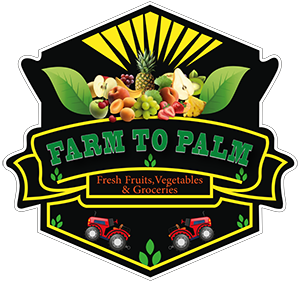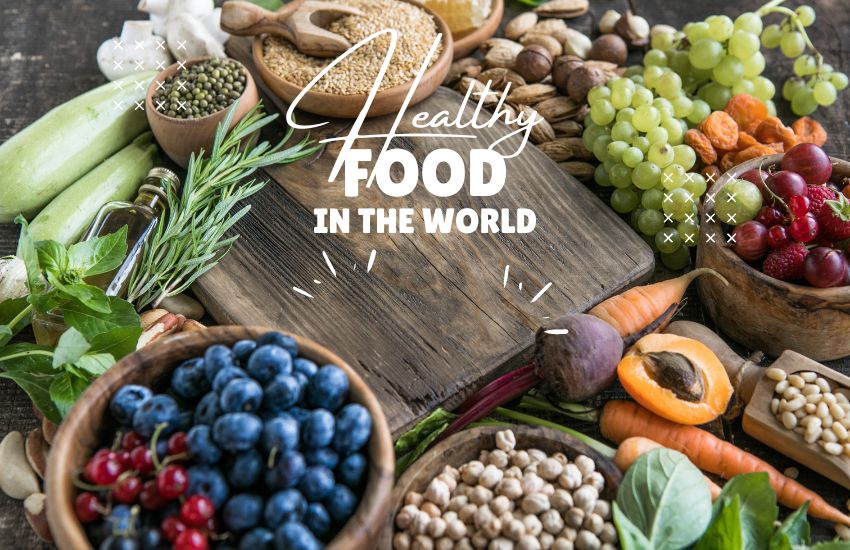What Is the Healthy Food in the World?
As a health-conscious individual, I always seek to discover the most nutritious foods that support weight loss, boost sports performance, and promote overall well-being. Here at Farm To Palms, we believe a well-rounded diet filled with nutrient-dense foods is critical to improving health, whether you follow a keto plan, a vegan diet, or any other lifestyle. Today, I’m diving into the top 10 healthy foods that can elevate your health and help you make informed dietary choices.
Let’s explore how foods like almonds, broccoli, and oily fish can positively affect your energy levels, improve gut health, and support various dietary goals, such as weight loss or diabetes nutrition.
Almonds
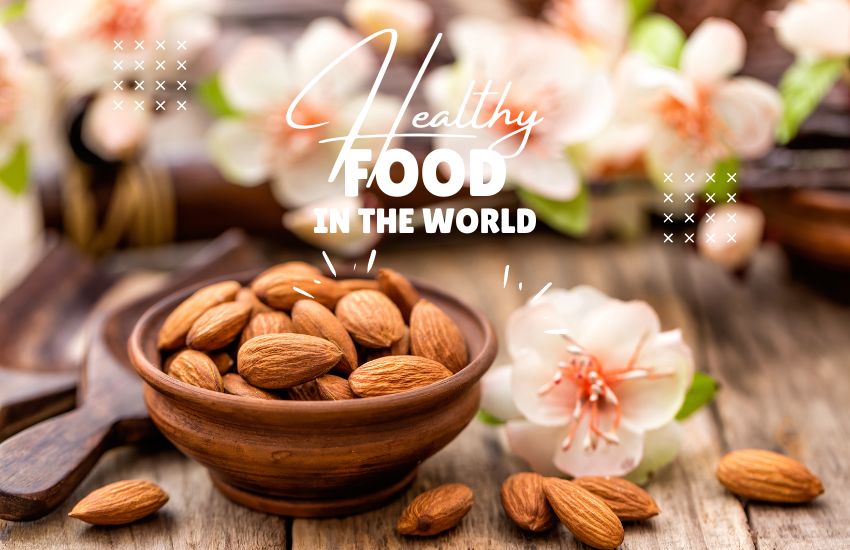
Almonds are an excellent source of protein, fiber, and healthy fats. They’re perfect for those seeking to lose weight or improve heart health.
Nutritional Breakdown:
- Calories: 164 per ounce
- Protein: 6g
- Fiber: 3.5g
- Vitamins: Vitamin E, Riboflavin
- Minerals: Magnesium, Calcium
Health Benefits:
Almonds can help lower cholesterol and reduce the risk of heart disease. Their vitamin E content promotes skin health by protecting cells from oxidative stress. Studies have shown that consuming almonds can contribute to a healthier gut microbiome.
Incorporation Tips:
I love adding almonds to salads for extra crunch or blending them into smoothies for a creamy texture. Almond butter on toast is also a delicious, nutrient-rich snack.
Myths:
Some think almonds lead to weight gain due to their fat content, but the healthy fats in almonds can promote satiety and help with weight management.
Broccoli
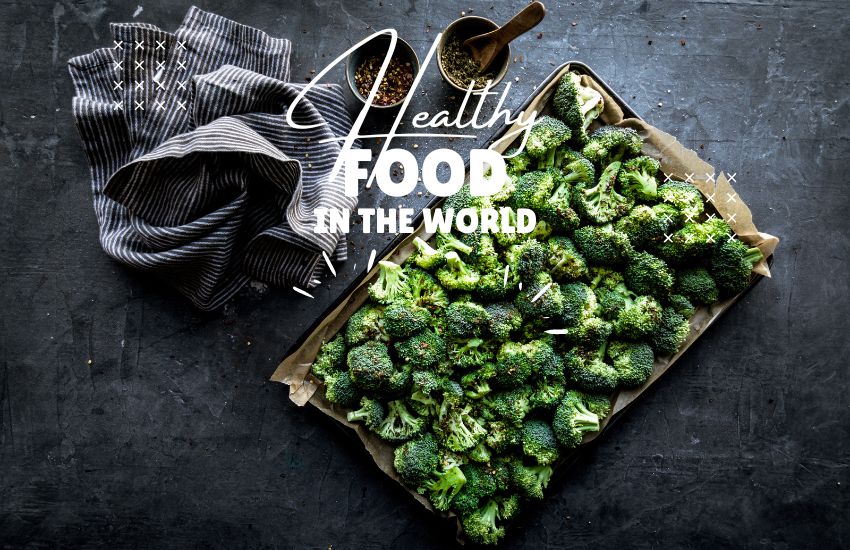
Broccoli is a cruciferous vegetable known for its powerful antioxidants and cancer-preventing properties. It’s a staple in many vegan and vegetarian diets.
Nutritional Breakdown:
- Calories: 55 per cup
- Protein: 4g
- Fiber: 5g
- Vitamins: Vitamin C, Vitamin K
- Minerals: Calcium, Potassium
Health Benefits:
Broccoli is loaded with sulforaphane, a compound that has been studied for its role in cancer prevention. Its high fiber content also supports digestive health and helps maintain stable blood sugar levels, which is especially important for diabetes management.
Incorporation Tips:
I recommend steaming broccoli or lightly stir-frying it with olive oil for the best flavor and nutrient retention. Pair it with lean protein for a balanced meal, or add it to keto-friendly bowls.
History:
Broccoli originated in Italy and has been cultivated for centuries. It is known as one of the most nutrient-dense vegetables worldwide.
Oily Fish (Salmon, Sardines)
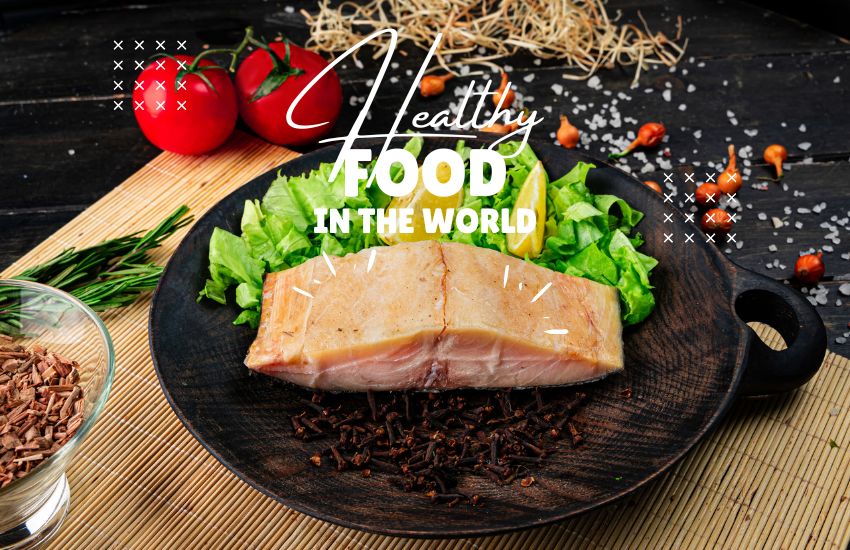
Oily fish, like salmon and sardines, are incredibly rich in omega-3 fatty acids, which support heart and brain health.
Nutritional Breakdown (Salmon):
- Calories: 206 per 3 oz
- Protein: 22g
- Fat: 12g (high in omega-3)
- Vitamins: Vitamin D, B12
- Minerals: Selenium, Phosphorus
Health Benefits:
Omega-3 fatty acids in oily fish help reduce inflammation, lower triglyceride levels, and improve brain function. Regular consumption of salmon can also improve skin health, thanks to its healthy fat content.
Incorporation Tips:
I like to bake or grill salmon with fresh herbs and lemon. Sardines are also a quick, nutrient-dense snack with whole-grain toast or salads.
Scientific Studies:
Studies show that a diet rich in omega-3s significantly lowers the risk of developing heart disease and supports joint health, particularly beneficial for athletes and those in sports nutrition.
Lentils
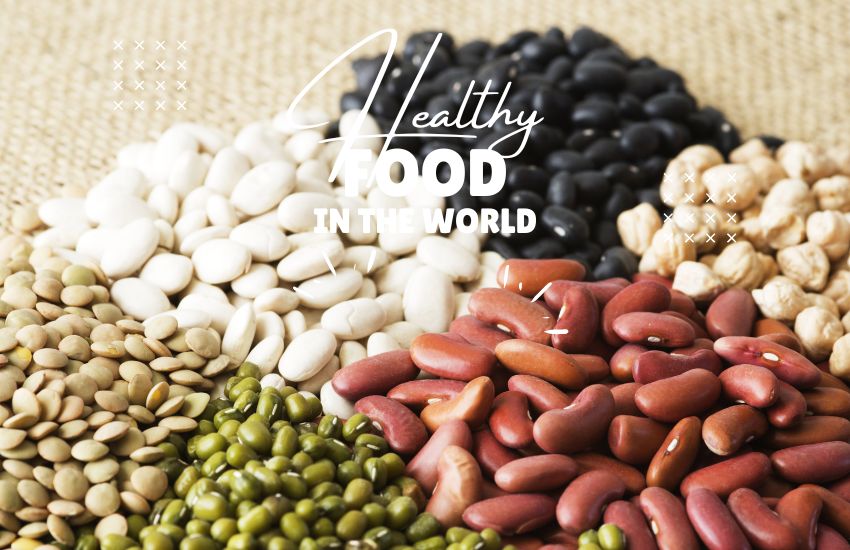
Lentils are a powerhouse of plant-based protein and fiber, making them ideal for vegan and vegetarian diets.
Nutritional Breakdown:
- Calories: 230 per cup (cooked)
- Protein: 18g
- Fiber: 15g
- Vitamins: Folate, Thiamine
- Minerals: Iron, Potassium
Health Benefits:
Lentils are particularly beneficial for gut health due to their high fiber content, which promotes regular digestion. They’re also an excellent source of folate, crucial for child nutrition and pregnancy health.
Incorporation Tips:
Lentil soups and stews are a great way to enjoy this superfood. I also like sprouted lentils in salads for added crunch and nutrition.
Common Misconception:
Some assume lentils lack enough protein for muscle building, but 18g per cup is valuable to any sports nutrition plan.
Sweet Potatoes
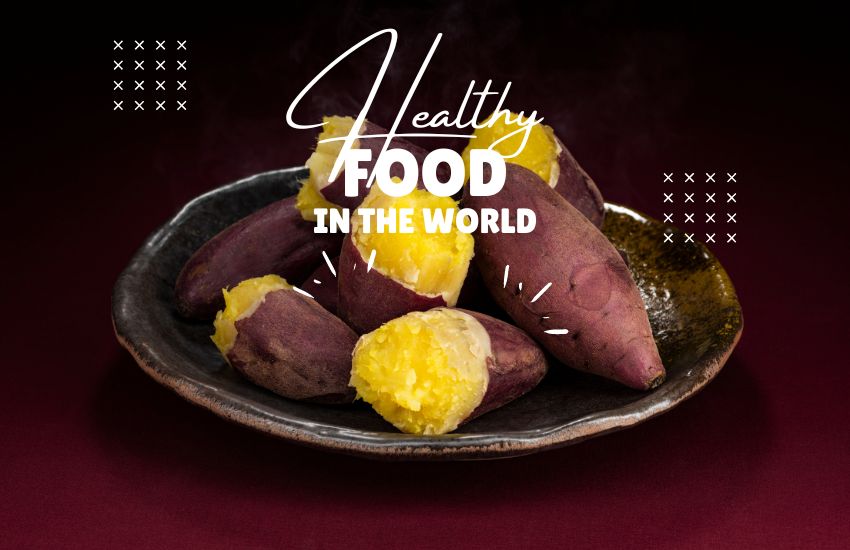
Sweet potatoes are delicious and contain essential nutrients like vitamin A and potassium.
Nutritional Breakdown:
- Calories: 112 per medium potato
- Protein: 2g
- Fiber: 4g
- Vitamins: Vitamin A, Vitamin C
- Minerals: Potassium, Magnesium
Health Benefits:
Sweet potatoes’ high vitamin A content promotes good vision and immune health. Thanks to their complex carbohydrates, they are also a diabetes-friendly food that helps stabilize blood sugar levels.
Incorporation Tips:
I like to bake or roast them as a side dish or use mashed sweet potatoes in keto-friendly recipes. They can also be spiralized into noodles for a healthy alternative to pasta.
Eggs
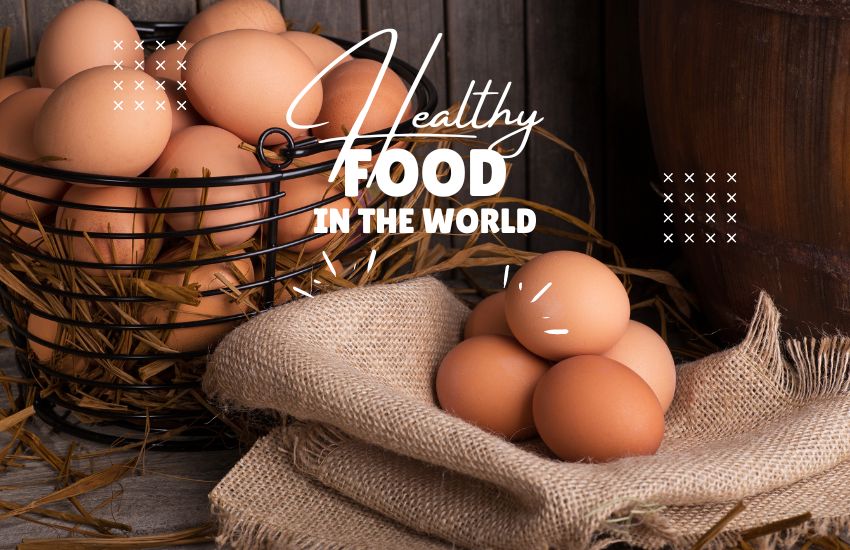
Eggs are nutrient-dense, providing high-quality protein and essential vitamins like B12.
Nutritional Breakdown:
- Calories: 77 per egg
- Protein: 6g
- Fat: 5g
- Vitamins: B12, Vitamin D
- Minerals: Selenium, Phosphorus
Health Benefits:
Eggs contain choline, which is essential for brain health and cell membrane function. They are also known to support muscle building, making them a staple in sports nutrition.
Incorporation Tips:
I enjoy eggs scrambled for breakfast or boiled as a protein-packed snack. They’re versatile, making them ideal for keto and paleo diets.
Pros and Cons
Eggs are rich in nutrients, but some individuals with high cholesterol should limit their intake. However, recent studies suggest moderate egg consumption is safe for most people.
Blueberries
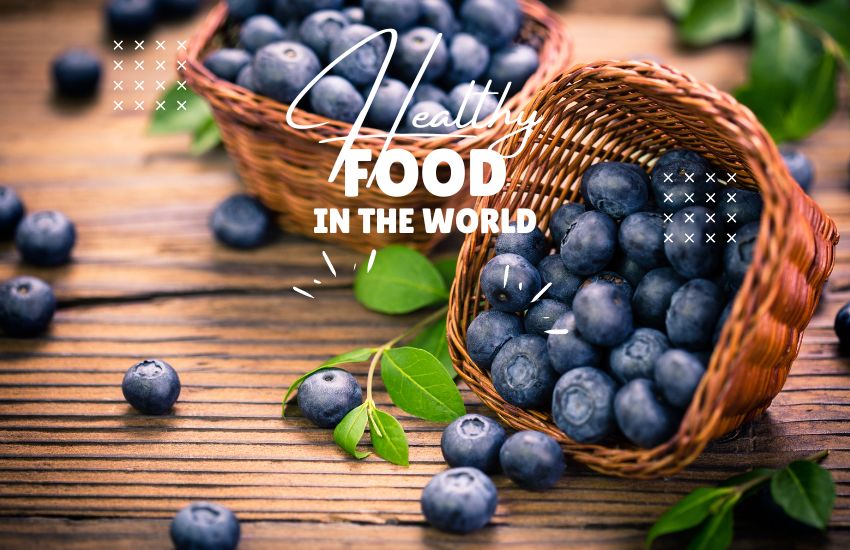
Blueberries contain antioxidants, especially vitamin C, which help fight free radicals and promote cognitive health.
Nutritional Breakdown:
- Calories: 85 per cup
- Protein: 1g
- Fiber: 4g
- Vitamins: Vitamin C, Vitamin K
- Minerals: Manganese, Potassium
Health Benefits:
Blueberries may protect against cognitive decline and improve memory. They are also great for heart health, helping reduce blood pressure and support healthy cholesterol levels.
Incorporation Tips:
I like adding fresh blueberries to oatmeal and smoothies or baking them into muffins for a heart-healthy snack.
Kale
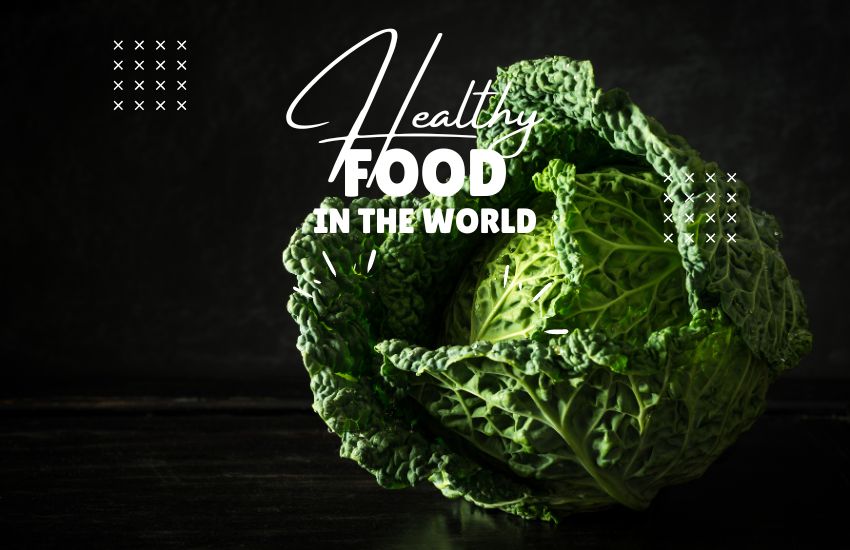
Kale is one of the most nutrient-dense leafy greens available, packed with vitamins C and K, making it perfect for vegan diets.
Nutritional Breakdown:
- Calories: 33 per cup
- Protein: 2g
- Fiber: 1g
- Vitamins: Vitamin A, Vitamin C, Vitamin K
- Minerals: Calcium, Potassium
Health Benefits:
Kale is loaded with antioxidants that protect cells from damage. Its high fiber content supports gut health and can help lower cholesterol. The vitamin K in kale plays a vital role in bone health.
Incorporation Tips:
You can add kale to smoothies or sauté it with olive oil and garlic. Kale chips are another fun way to enjoy this nutrient-dense green.
Avocados
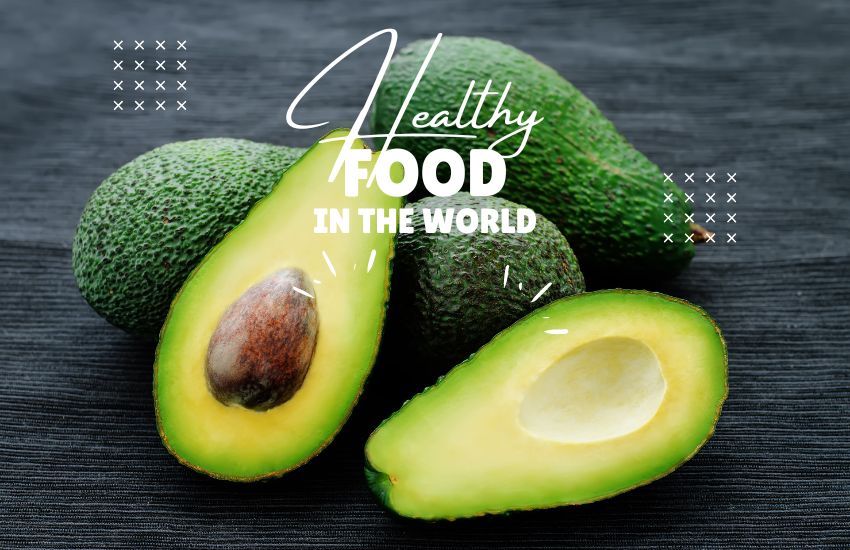
Avocados are rich in heart-healthy monounsaturated fats, making them ideal for anyone following a keto diet.
Nutritional Breakdown:
- Calories: 240 per avocado
- Protein: 3g
- Fiber: 10g
- Vitamins: Vitamin K, Vitamin E
- Minerals: Potassium, Magnesium
Health Benefits:
Avocados are packed with healthy fats that improve cholesterol levels. Their potassium content helps regulate blood pressure, and they are also known to promote nutrient absorption from other foods.
Incorporation Tips:
I love mashing avocados for guacamole or slicing them into salads. They also add a creamy texture to smoothies.
Wheat Germ
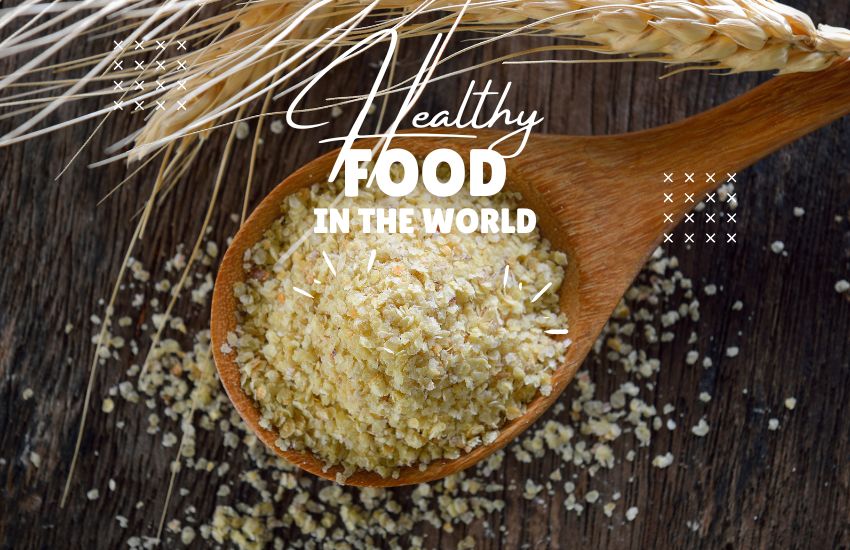
Wheat germ is the nutrient-dense part of the wheat kernel, providing fiber, vitamin E, and essential fatty acids.
Nutritional Breakdown:
- Calories: 108 per ounce
- Protein: 4g
- Fiber: 4g
- Vitamins: Vitamin E, Folic Acid
- Minerals: Zinc, Magnesium
Health Benefits:
Wheat germ is rich in vitamin E, an antioxidant that helps prevent cell damage and promotes skin health. It’s also high in fiber, aiding digestion and reducing the risk of heart disease.
Incorporation Tips:
Sprinkle wheat germ on oatmeal or yogurt, blend it into smoothies, or use it in baked goods like muffins or bread.
Conclusion
At Farm To Palms, we believe that a balanced diet is essential for health and well-being. Including the healthiest foods like those mentioned in this article can improve your overall health. Visit our blog to learn more about achieving your dietary goals. Leave your thoughts in the comments, or share your favorite recipes!
Explore more at Farm To Palms.
